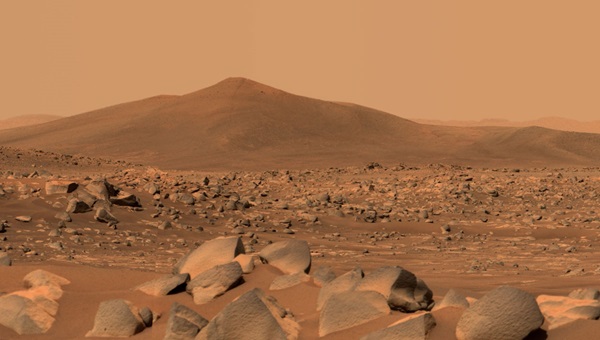
Your weight on the scale changes for so many reasons. We can gain or lose muscle, and we can gain or lose fat. We can be lighter when we’re dehydrated, or heavier because we ate a lot of salt last night and we’re retaining water. Wouldn’t it be great to tell the difference between all of these things? That’s what many smart scales promise.
How scales measure your body composition
Weight is simple enough: You step on the scale, and it measures the force with which gravity pulls down on your body.
The body fat, muscle mass, bone mass, body water, and other measures (which we can summarize as “body composition”) come from something called bioimpedance analysis, or BIA.
Conductive foot pads on your scale (which may be almost-invisibly layered into the material of the scale) pass a current through your body, from one foot to the other. You won’t feel this current, and it’s not dangerous, although if you have a pacemaker you may be told it’s best to turn this feature off.
G/O Media may get a commission
The scale can detect the electrical resistance between one foot and the other, which means the current is running up one leg, through your torso, and down the other leg. In essence, the formula imagines your legs and hips as a sort of horseshoe shape made of a mixture of water and not-water. It uses your height (which you enter into the app when you set up a profile) to guess at the length of this horseshoe shape. And based on the resistance it measures, it comes up with a guess about how much of your body is made of fatty tissues versus watery tissues.
As you might expect, there are many limitations to this approach. The biggest is just the number of guesses the formula has to make about your body to get from “this is a 5’6″ human with a foot-to-foot resistance value of X” to “your body is 32% fat,” much less estimating the amount of bone or dry muscle tissue.
For example, it makes assumptions about how much of your fat, muscle, and so on are in your upper body versus your lower body. It can also be thrown off by how hydrated you are, how recently you have exercised, and whether you have artificial knees or hips.
A review article on the accuracy of BIA points out that, because so many assumptions are required, even the best devices and algorithms are probably never going to be able to give totally accurate, detailed body composition information for an individual:
A fundamental problem is that BIA is a predictive method that inherently requires simplifications and assumptions based on population mean values yet considered as being accurately applicable to all subjects.
A Consumer Reports study from 2016 found that the scales they tested differed from a BodPod measurement of body fat by anywhere from 21% to 34%. That’s not really accurate enough to know for sure what your body fat percentage is. If you truly want a number, any number, a simple calculation like the Navy body fat estimator is probably going to be just as good.
Some people say they like to watch their body fat (or muscle mass) change over time, and that it goes in the direction they’d expect. Your experience may vary on this. My Withings smart scale has never showed any meaningful change in these numbers for me, even when I know my body composition has changed. (And yes, I’ve tried turning on “athlete” mode. Even though I have more muscle than the average person my size, the numbers get even less realistic for me with athlete mode.)
What about all the other numbers?
Smart scales are marketed largely by the number of features they have. A scale that can tell you 12 things looks fancier than one that can only tell you one or two metrics, right?
If you put your height into the app, and assuming the scale is accurate enough at determining your weight, measurements of your BMI should be correct, since BMI is just the relationship between your height and weight.
Some scales claim to measure your BMR (basal metabolic rate), but that’s usually calculated from your weight, height, and age. You can get that from an internet calculator.
Measures of muscle, fat, bone, and body water are usually just tweaks on the body fat formula calculated by BIA; for example, lean body mass is your total weight minus body fat. These measures all have the same accuracy issues as we discussed above about BIA. I wouldn’t put much stock in any of them.
Some scales measure heart rate, which you can check yourself; just count the beats of your pulse while watching a clock, and see if it matches the number from your scale.
Look carefully at the other numbers your scale claims to report, and you’ll probably see that they are calculated from data you put in your profile in the app, often in conjunction with your weight or other scale data.
So are these scales accurate enough to be useful? In my opinion, no. If you find that the readings are consistent enough to track over time, go ahead and have fun with them. But I wouldn’t use the numbers from a smart scale (except for weight) to make any decisions about what to eat or how to train.
Note: This article have been indexed to our site. We do not claim legitimacy, ownership or copyright of any of the content above. To see the article at original source Click Here

.jpg)











